‘Hey, have you heard of the new—’ ‘Shrek? Inside Out? Toy Story?’ Many movies have been created and announced, from sequels like ‘Beetlejuice Beetlejuice’ to pentalogies such as ‘Toy Story 5’ and ‘Shrek 5’ in the past year.
Even though many new original movies are coming out, audiences are most focused on– and outraged by– the abundance of sequels and remakes.
Film companies like Disney are known for pumping out sequels to their movies, such as the upcoming ‘Moana 2,’ ‘Mufasa’ and ‘Zootopia 2.’ Out of 820 movies, Disney has made almost 230 sequels.
One of these sequels was ‘Inside Out 2,’ released in June of this year; a huge success with audiences and critics alike. The movie made over 1.5 billion dollars worldwide and received a 90% on Rotten Tomatoes, showing the success sequels can have. Despite the controversy behind Disney’s decision to make many sequels, they still have performance levels that are off the charts.
Although audiences claim they’re tired of all the boring sequels and remakes constantly coming out, they still eat them up like popcorn when they come out. This raises the question: how do audiences react to movies that follow original storylines?
Disney has put out many movies following new characters, worlds and stories, however, they have been met with various outcomes. ‘Wish’ performed especially poorly, and only made $255 million worldwide, a failure considering the film’s budget of $200 million.
‘Elemental’ on the other hand, made nearly double that at $500 million, with the same budget, however; this still isn’t considered a huge profit in the film industry. If audiences hate sequels, why are these original movies performing poorly too?
Well, there’s something important to note about these movies: ‘Wish’ was bashed for the quality of the film, having a basic storyline, and being compared to the work of artificial intelligence. ‘Inside Out 2’ on the other hand quickly became a success, with audiences enjoying the expansion of the original plot.
This raises an important point, explained perfectly by film studies teacher Tiffany Rubin. She recalled her husband showing her the trailer for Mickey 17.
“When I started to watch the trailer at first, I was resistant … then I saw who was involved in the project, who was directing it, and I was like yes, I will see this very quirky, interesting film,” Rubin said.
It isn’t necessarily about whether or not it’s a sequel– it’s about the audience’s expectations and the quality of the film. It can’t be denied that sequels generate some of the most publicity in the film industry. Sequels are set to become the standard in the film industry as they become even more successful and profitable.

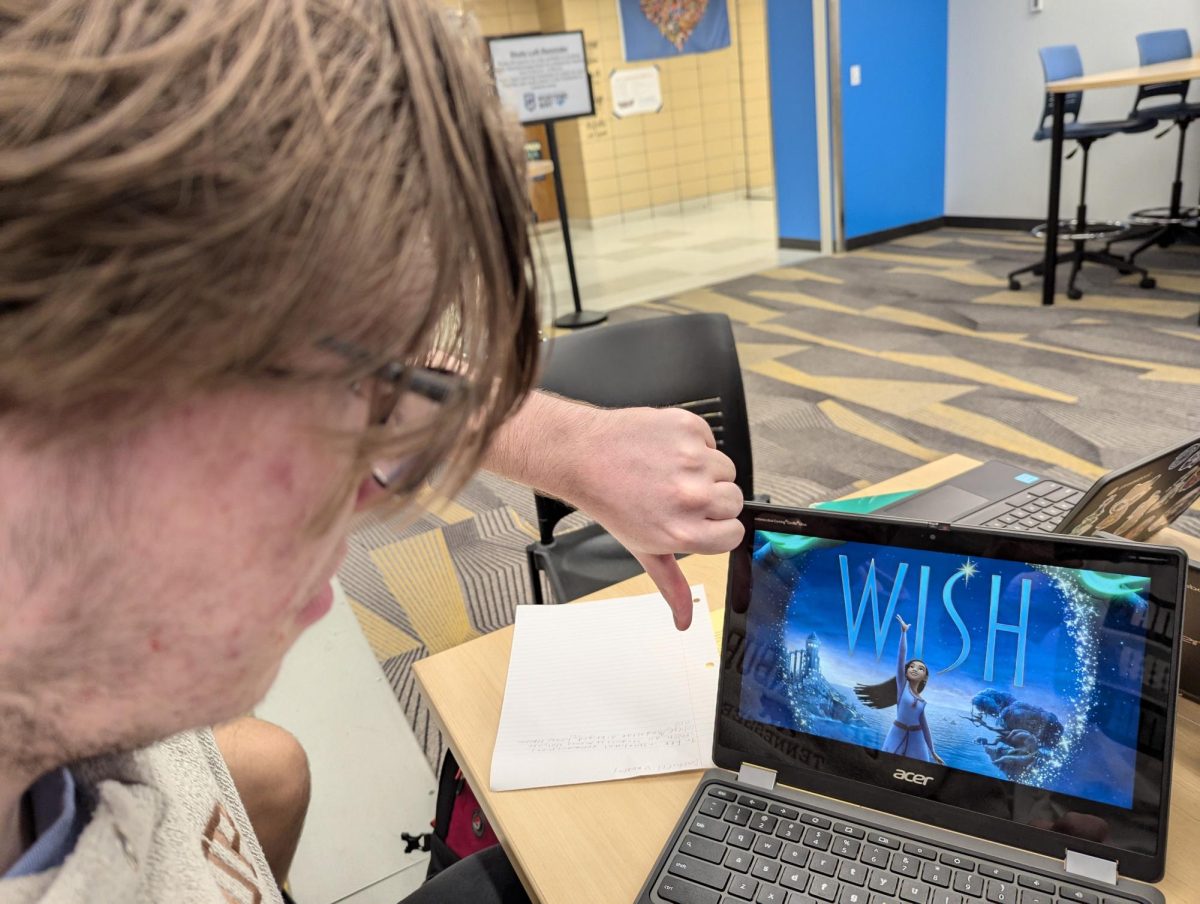



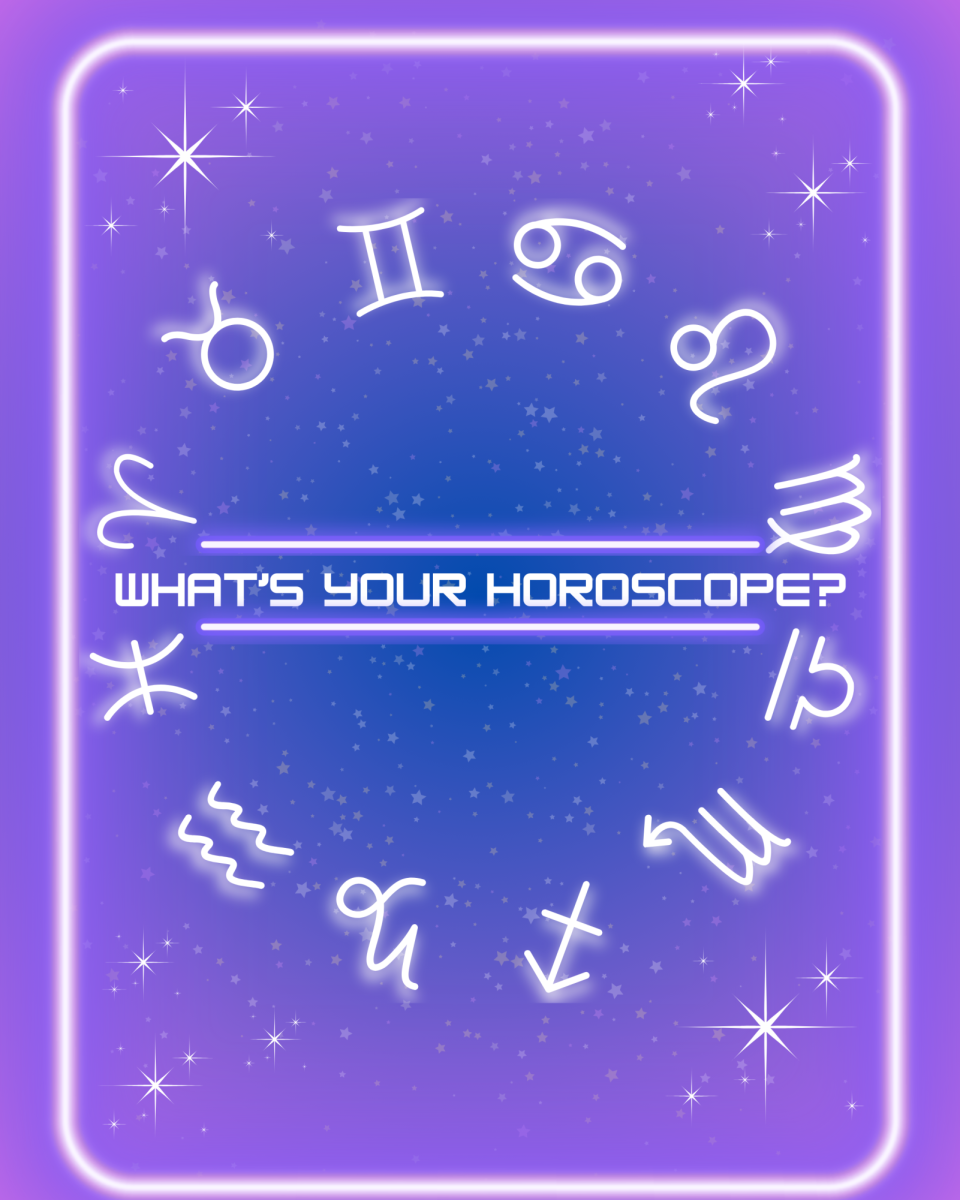
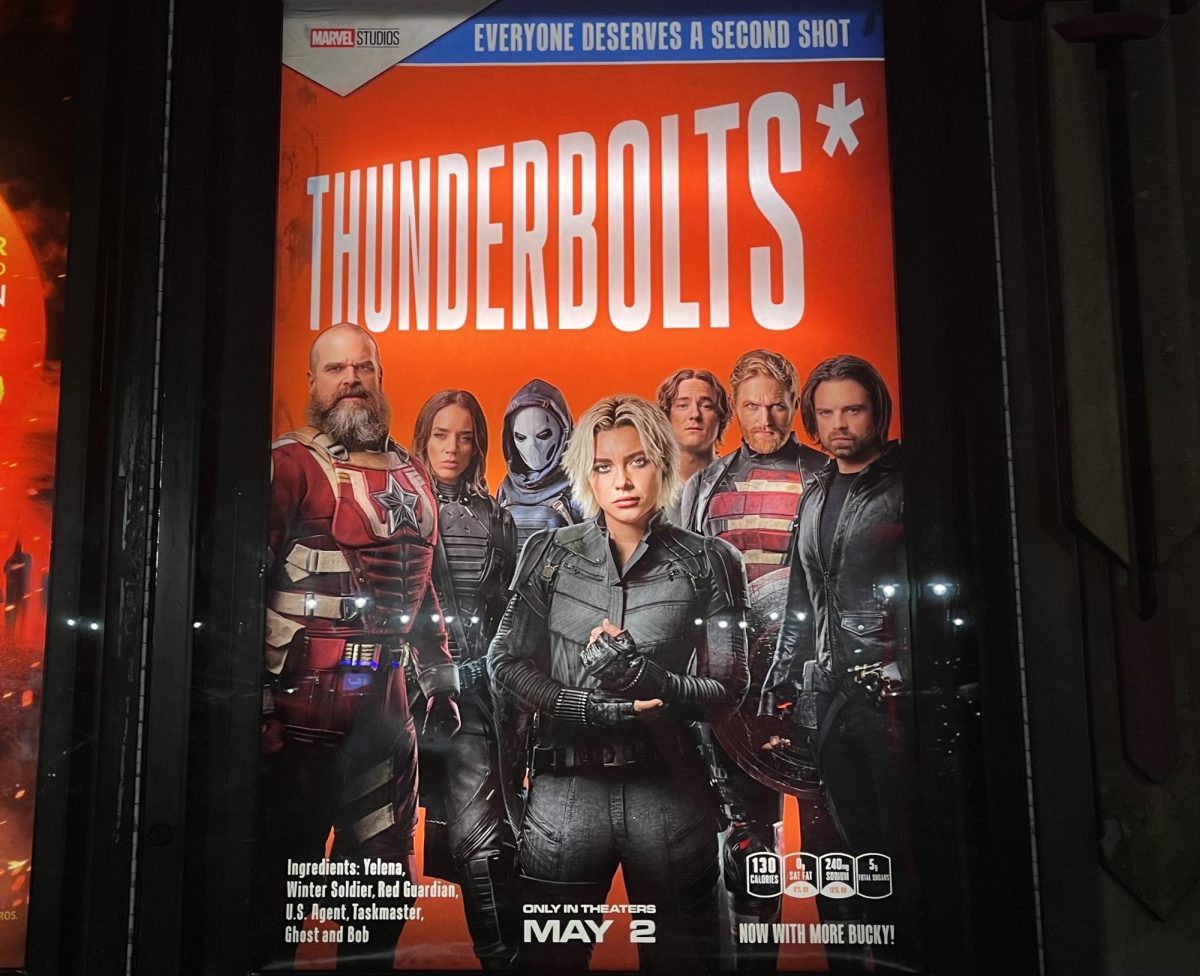


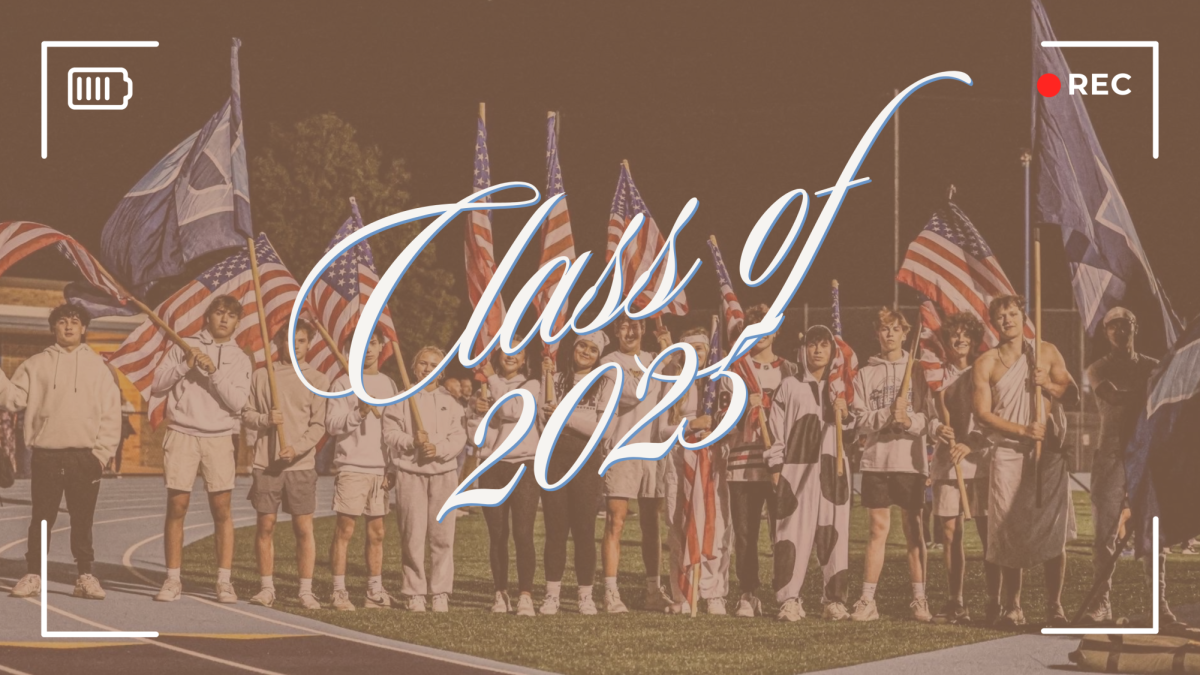
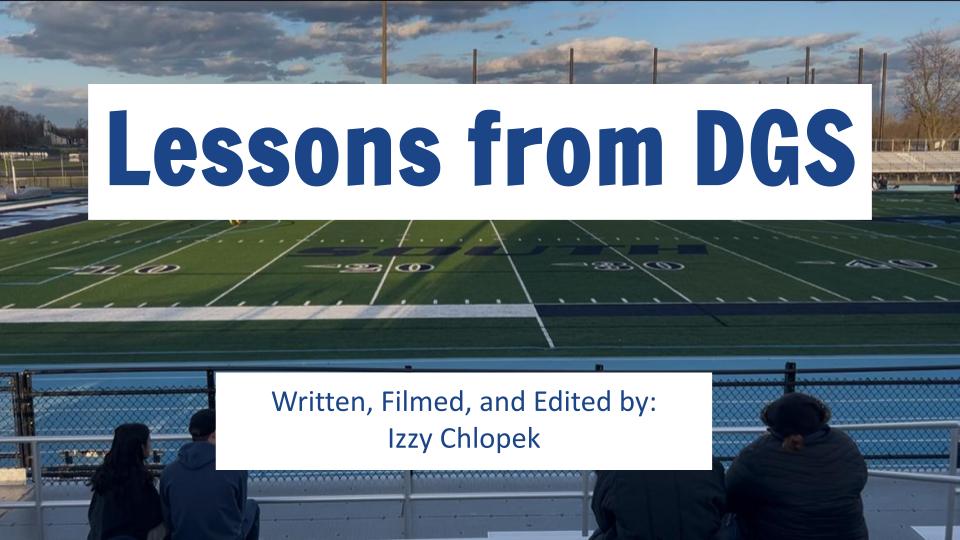
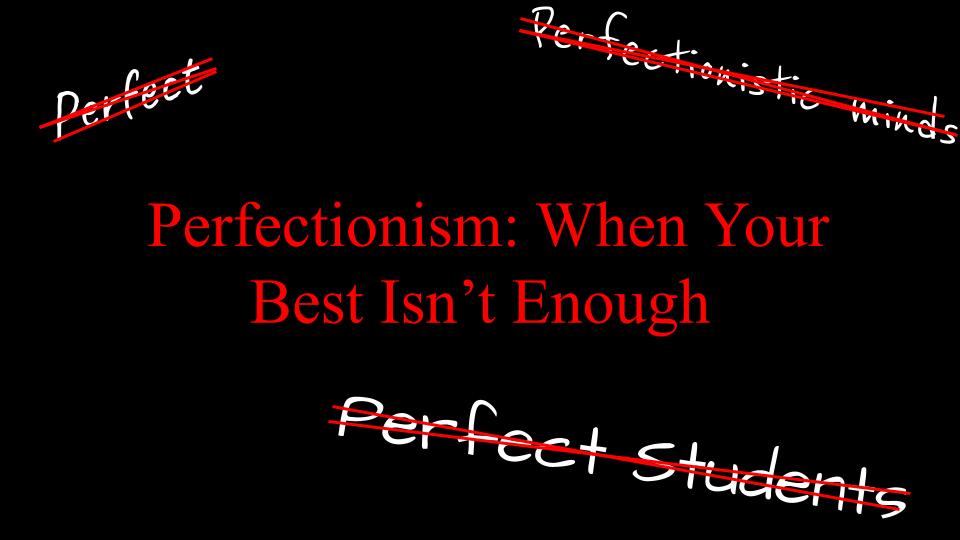
![In this documentary, you will learn how violins are made. All music is in the public domain:
Music Produced by Deutsche Grammophon, Medici TV, Heifetz Institute, and Queen Elisabeth competition
Paganini, Caprice No. 24 [Song recorded by Jasha Heifetz]. Heifetz Institute. (Original work published 1817)
Paganini, Caprice No. 24 [Song recorded by Jasha Heifetz]. Heifetz Institute. (Original work published 1817)
Bartok, Sonata No.1 for Solo Violin [Song recorded by Kevin Zhu]. Queen Elizabeth Competition. (Original work published 1944)
Paganini, Violin Concerto no. 1 [Song recorded by Philippe Hirshhorn]. Queen Elizabeth Competition. (Original work published 1819-1825)](https://southblueprint.com/wp-content/uploads/2025/05/Screenshot-2025-05-07-122429-1200x668.png)
